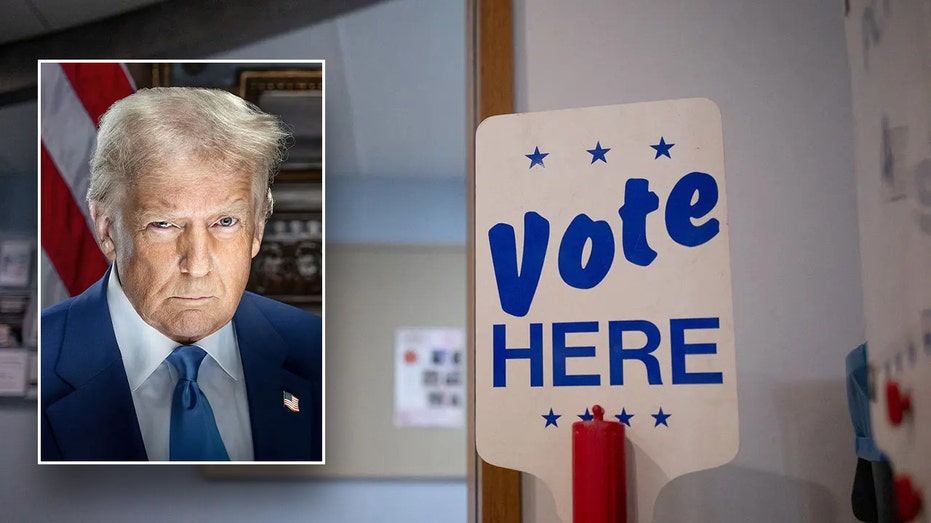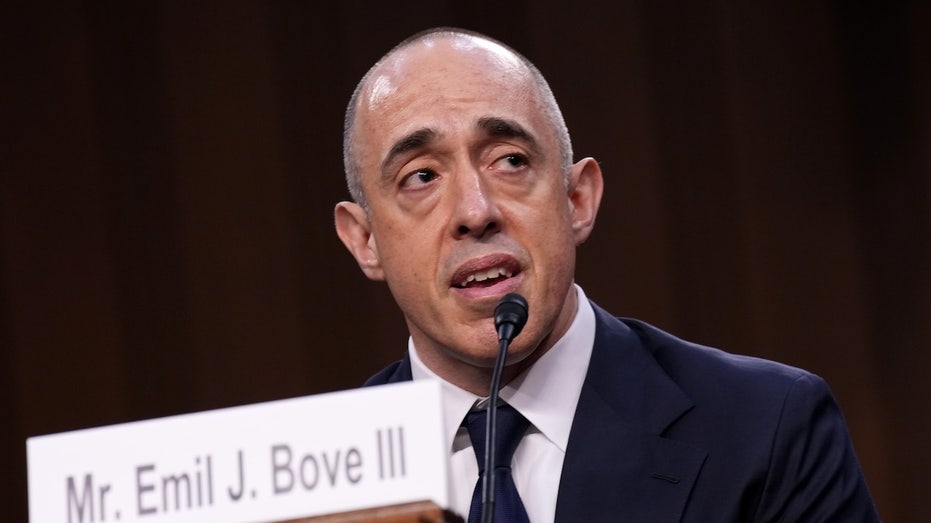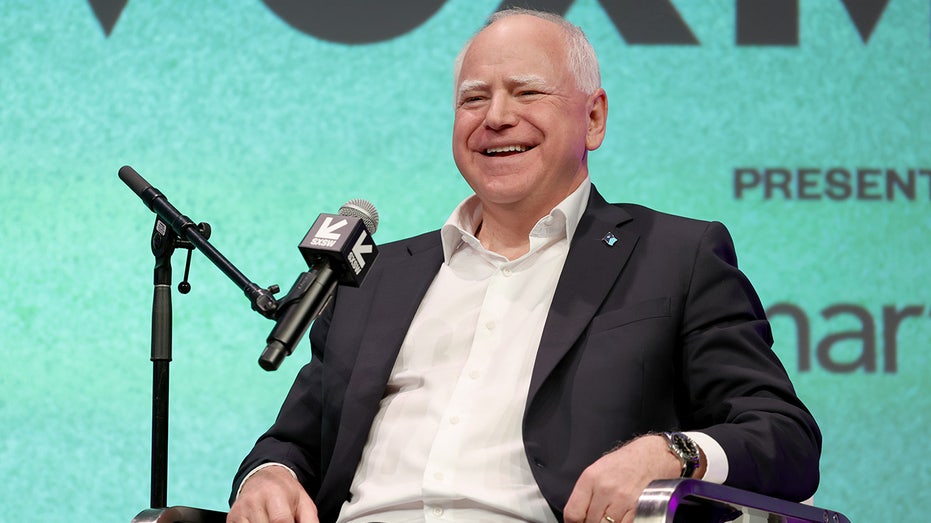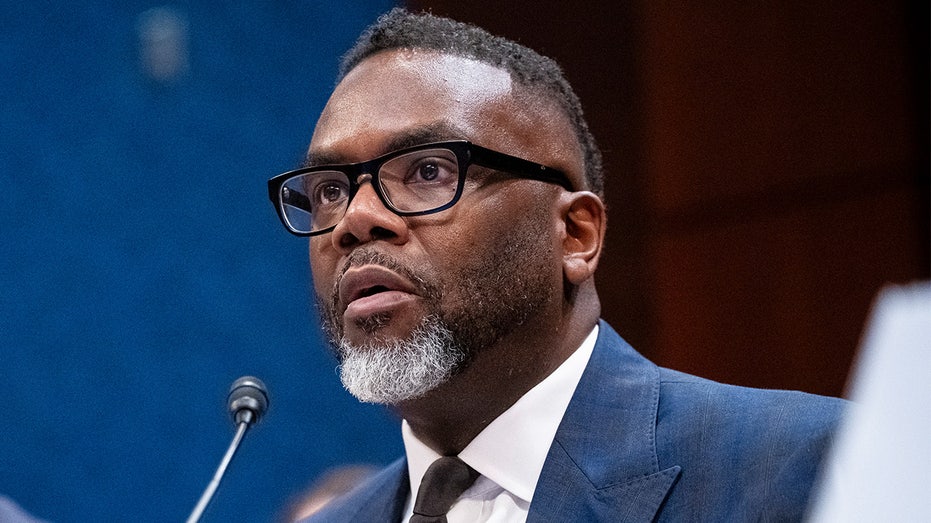Federal Judge Blocks Key Parts of Trump’s Voter Citizenship Order Amid Legal Turbulence

Sarah Johnson
April 25, 2025
Brief
A federal judge blocks key parts of Trump’s executive order requiring proof of citizenship for voter registration, fueling ongoing legal and political battles over voting rights in the US.
Another legal roadblock has landed in front of Donald Trump’s efforts to shake up the way Americans vote: A federal judge in Washington, D.C. has blocked two major parts of his recent executive order demanding proof of citizenship for anyone registering to vote.
Judge Colleen Kollar-Kotelly ruled that the President overstepped his authority, especially when it came to forcing the Election Assistance Commission to revise national voter registration forms and requiring federal agencies to "assess" citizenship before helping folks sign up to vote. In her words, the Constitution leaves the rule-making for federal elections to Congress and the states — not the Oval Office. So, for now, any attempt to tighten the paperwork at the federal level is on ice.
However, she didn’t block every controversial part of the order. Provisions about mail-in ballots and collecting data on citizenship status survived for now, with the judge saying the challenges to those were "premature" and should probably be handled by the states first. Sometimes, the game of legislative hot potato is alive and well in American politics.
Meanwhile, Congress is still in the thick of things, with the House recently passing its own bill to require proof of citizenship at the polls. The Senate hasn’t weighed in yet, so this saga is far from over. Across the country, 25 states are considering similar laws, and 15 state constitutions already make it crystal clear: no non-citizen voting allowed.
Thursday wasn’t exactly a winning day for Trump’s executive orders. Two more of his directives — this time targeting diversity, equity, and inclusion (DEI) programs in public schools — were tossed aside by federal judges in Maryland and New Hampshire. Education groups argued that threatening to pull federal funding over DEI programs would muzzle free speech rights. The judges agreed.
As for the White House, they’ve stayed mum so far on the latest legal setbacks. But with half the states eyeing new voter ID rules and Congress still debating, this legal tug-of-war is probably just getting started.
Topics
Editor's Comments
Honestly, reading this ruling feels like watching a ping-pong match between the courts and the White House. At this rate, the only thing moving faster than the legal filings is the paperwork for voter registration itself. If Congress and the states ever agree on one process, maybe pigs will finally fly — or at least get a voting card!
Like this article? Share it with your friends!
If you find this article interesting, feel free to share it with your friends!
Thank you for your support! Sharing is the greatest encouragement for us.



